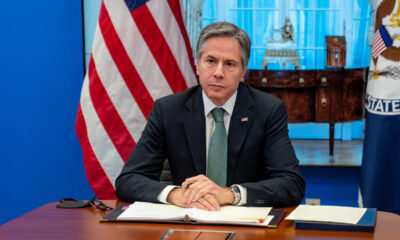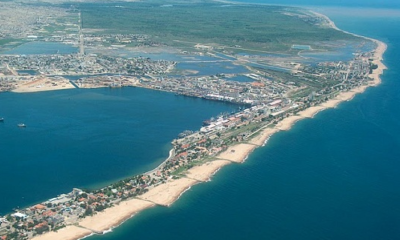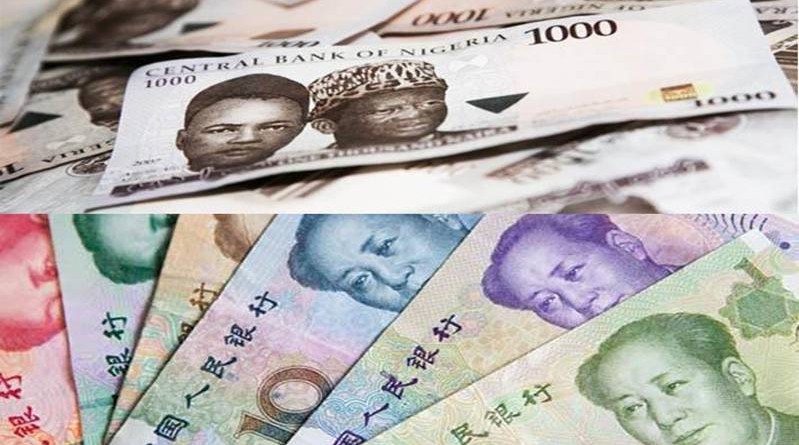Thierry Roels, the United States CDC Country Director in Rwanda, has confirmed to journalists that Washington had successfully delivered the first shipment of vaccination doses and therapeutic medications for Marburg disease to Rwanda on October 4.
According to him, the US government is also closely collaborating with foreign partners and Rwanda’s Ministry of Health to initiate clinical trials to assess innovative countermeasures.
Roels did not specify how many dosages had been given on Friday, but he did add that the US government was thinking about sending in more shipments to support the clinical research.
The first known outbreak of viral hemorrhagic fever in Rwanda was discovered in late September; to yet, 36 cases and 11 fatalities have been reported. The death rate in Marburg might reach 88%.
Rwanda will begin clinical trials of experimental vaccines and treatments for the illness, the country’s health minister, Sabin Nsanziman, announced on Thursday.
WHO has assessed four vaccine candidates for possible use in trials, but only one—produced by the nonprofit Sabin Vaccine Institute—had results from preliminary human studies demonstrating safety and eliciting an immune response BECAUSE of the hazards, it is not possible to test the vaccinations further outside of outbreak situations.
The vaccine, which is intended to be used in a study aimed at frontline workers, including medical professionals, was sent to Rwanda on Saturday, according to a statement made by the Sabin Vaccine Institute.
The nonprofit organisation added that it intends to provide further vaccinations subject to approval from the U.S. Centre for the Biomedical Advanced Research and Development Authority (BARDA) and a request from the Rwandan government.
In reaction to the outbreak, Gilead Sciences announced on Thursday that it will give the Rwanda Medical Supply around 5,000 vials of its antiviral medication Remdesivir for use in an emergency.
Within seven days of infection, Marburg symptoms include a high fever, excruciating headaches, lethargy, and severe nausea, vomiting, and diarrhoea. Fruit bats carry the virus, which subsequently transmits to people who come into touch with the bodily fluids of the sick.





































